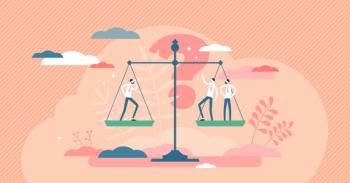
What would it take for psychiatrists and other physicians in the United States to collectively resist risks to the public’s health and mental health?

What would it take for psychiatrists and other physicians in the United States to collectively resist risks to the public’s health and mental health?

Policies include opposition to government involvement in medical practice and support of access to abortion care.
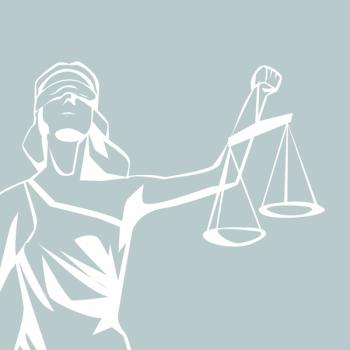
The law presumes that individuals are rational. But what about when the patient has neuropsychiatric impairments that hinder judgement?
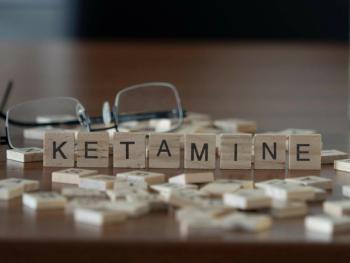
At-home ketamine treatment initiated by an online provider presents many legal, clinical, and ethical challenges...

The experts weighed in on a wide variety of psychiatric issues for the September 2022 issue of Psychiatric Times.

"Research clearly demonstrates that although abortion is more likely in highly stressful life situations—which may include mental illness—abortion itself does not cause psychiatric illness; the most common response is relief."
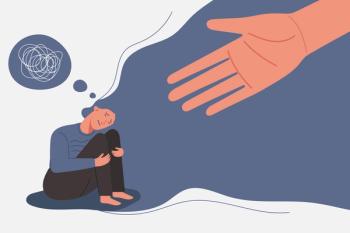
Here’s why the slippery slope argument for MAID might not be applicable, according to one doctor.

One doctor refutes opposition to MAID.

A supporter of medical aid in dying refutes the basis for opposition.

Considering the many repercussions of overturning Roe v Wade—and the psychiatric implications for our patients.
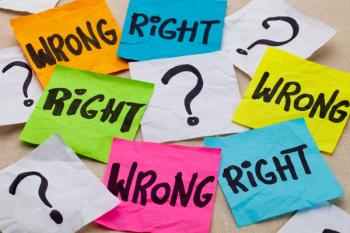
Leaders codes of ethics: how are they similar and different?

Can religion provide boundaries that extend beyond those of clinical psychiatry?

The experts weighed in on a wide variety of psychiatric issues for the June 2022 issue of Psychiatric Times.

“Changing the status quo requires all of us to take an active stand.”

We must educate and provide resources for medical students and institutions.

What is the role of seclusion in creating a culture of care within acute inpatient psychiatric units?

This is a story of medical ethics and choices.
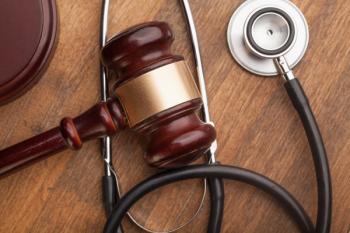
Are psychiatrists are well-positioned to serve as consultants to intergovernmental organizations dedicated to conflict resolution?

Should we be more accepting of mental health professionals offering opinions about political figures based upon vast amounts of data and well-founded, applicable theories of psychopathology?
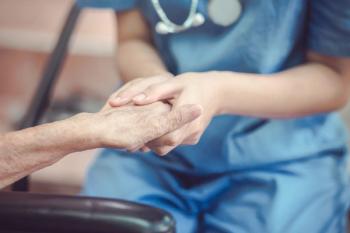
How can you communicate the diagnosis in a way that relieves suffering and helps patients and their caregivers prepare for the future?

We face a major ethical dilemma in how to help Ukraine.

How does isolation affect incarcerated individuals—and the broader society?

How can you know "the right thing to do" when facing conflicts that challenge your training?

How has isolation been used (and misused) in jails and prisons?

Parenteral ketamine is commonly used to manage agitation that is deemed severe and obstructive to necessary medical evaluation and treatment. But what does this suggest about the relationship between medicine and society?